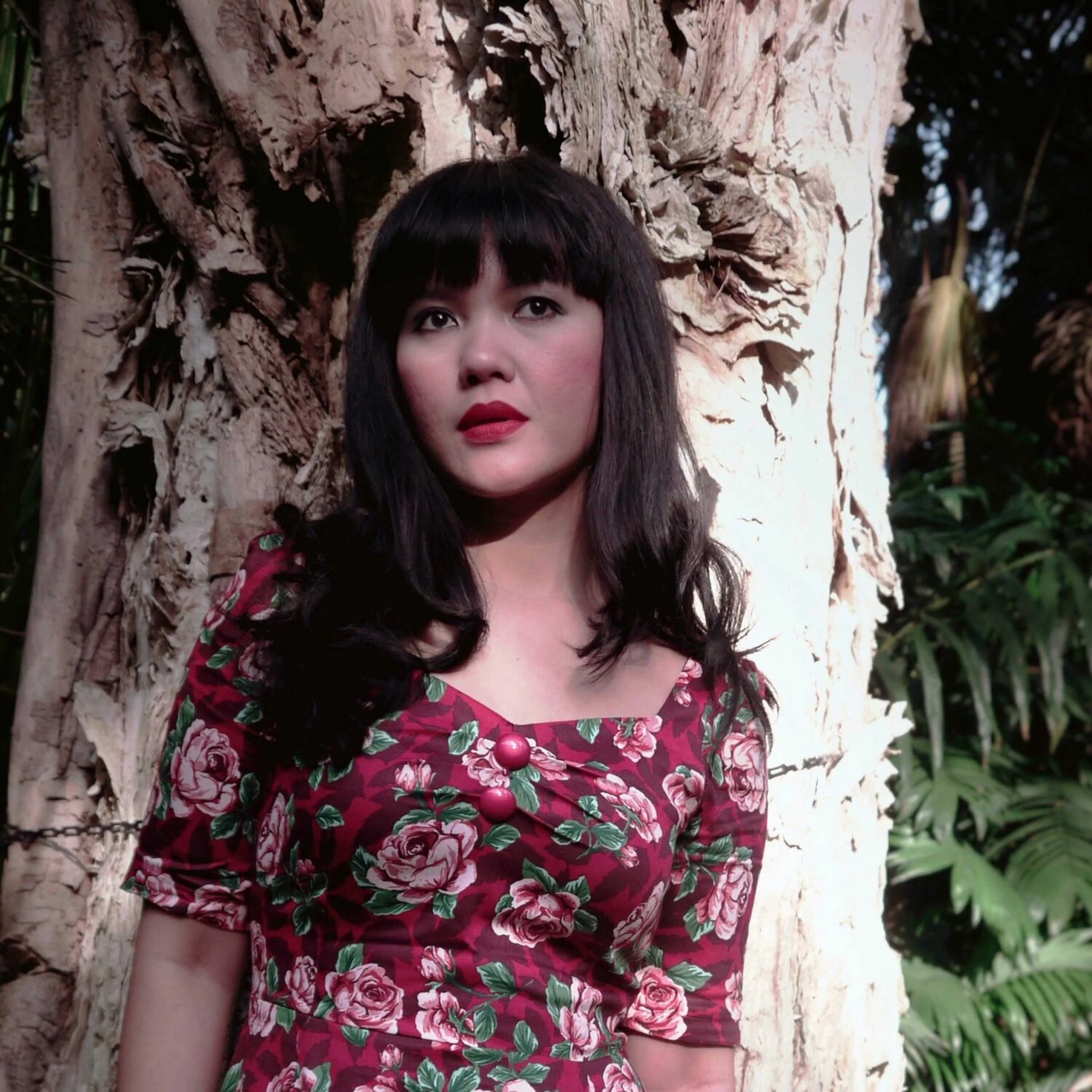The New Indonesian Regime & Revitalizing the Decolonial Critique
/A Conversation with Intan Paramaditha and Michael Vann
Today, Sunday morning, October 20, former general Prabowo Subianto is being sworn in as Indonesia’s new president. In this episode on Speaking Out of Place podcast Professor David Palumbo-Liu and Azeezah Kanji talk with Intan Paramaditha and Michael Vann about the road leading up to this inauguration, beginning in the 1960s with the Suharto regime. Prabowo is a strong-arm authoritarian figure with a bloody record of human rights violations, yet he has remade his image as a cuddly, elder populist figure. We spend some time talking about how his regime is likely to continue, if not accelerate, aggressive and brutal economic development policies that have wrecked the environment and displaced Indigenous peoples. We talk a lot about how both the Indonesian media and some of its art world has been enlisted to promote this regime, and how decolonial feminists and others have taken on the task to both resist and present, and embody, other ways of being through listening to and engaging with voices from outside Jakarta and the liberal elites.



















